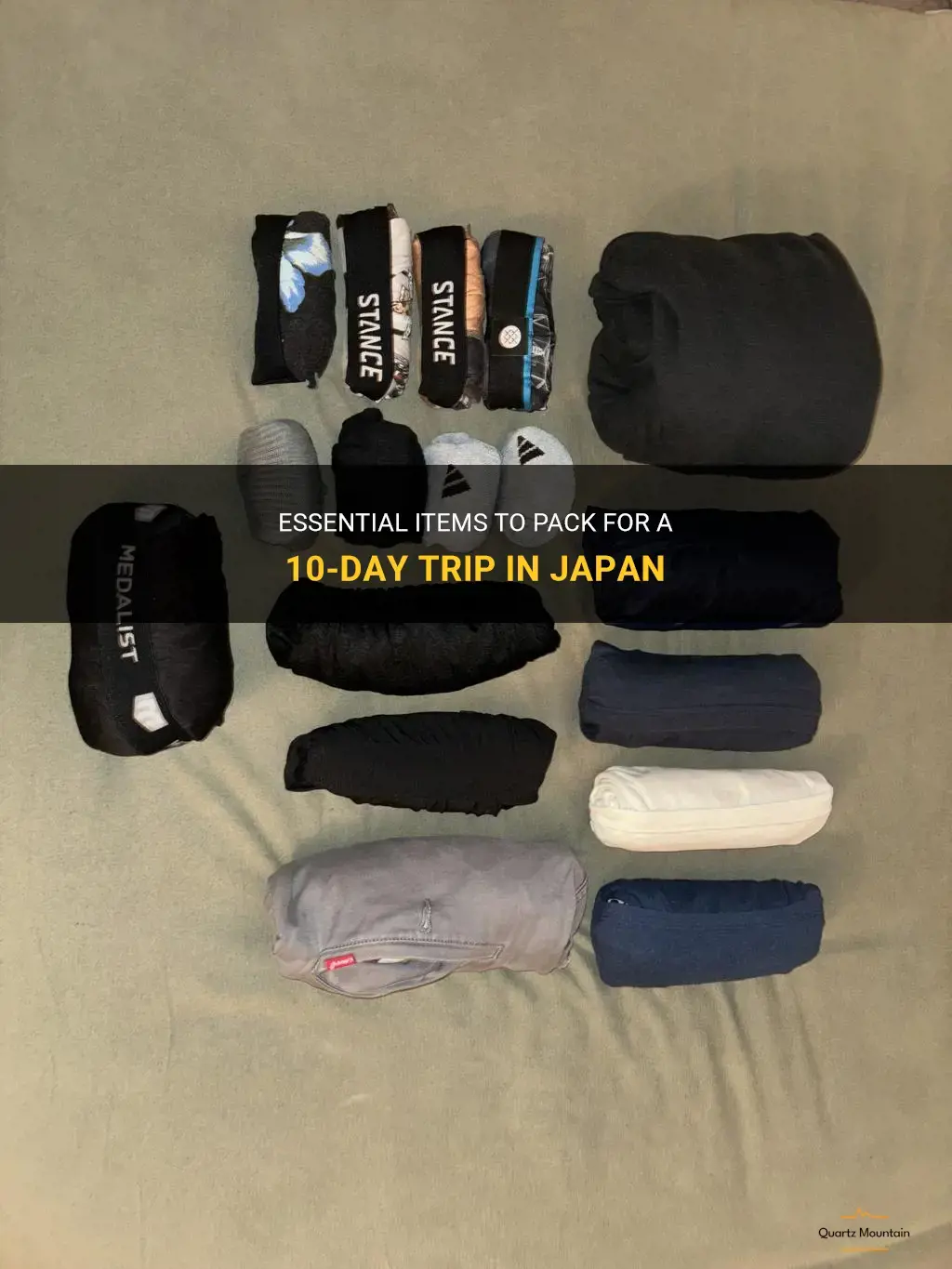
Are you planning a trip to Japan? Whether you're a seasoned traveler or a first-timer, it's always crucial to make sure you have all the essential items packed for a 10-day adventure in this beautiful country. From cultural customs to unpredictable weather, Japan has a lot to offer, and being prepared can make all the difference in ensuring a smooth and enjoyable journey. In this guide, we will explore the must-have items that will help you navigate your way through the bustling streets of Tokyo, immerse yourself in the serene beauty of Kyoto, and everything in between. So grab your suitcase, because we're about to embark on an unforgettable trip through Japan!
What You'll Learn
- What are the essential items to pack for a 10-day trip to Japan?
- Are there any specific clothing recommendations for different seasons in Japan?
- Should I bring specific adapters or converters for electronic devices in Japan?
- What are the recommended toiletries to pack for a 10-day trip to Japan?
- Are there any specific items or documents I should bring for cultural or practical reasons in Japan?

What are the essential items to pack for a 10-day trip to Japan?
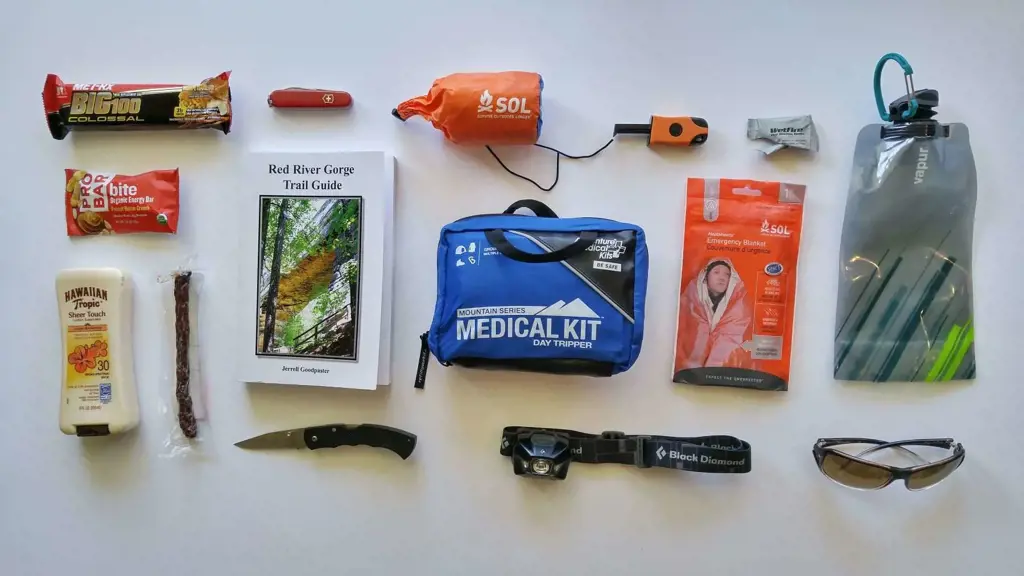
When packing for a 10-day trip to Japan, it is important to consider the specific needs and activities you will be engaging in during your stay. Japan is known for its diverse culture, rich history, and varying climate, so it's necessary to pack a range of essential items to ensure a comfortable and enjoyable trip. Below are some items that you should consider including in your packing list.
Clothing:
- Comfortable walking shoes: Japan is a country that relies heavily on public transportation, which often involves a fair amount of walking. Packing a pair of comfortable walking shoes will help you navigate the busy streets and tourist attractions without discomfort.
- Light and breathable clothing: Depending on the time of year you are visiting, the weather in Japan can vary. Summers can be hot and humid, while winters can be cold and snowy. It is important to pack appropriate clothing to suit the weather conditions. Light and breathable clothing is recommended for the warmer months, while layers and warmer clothing should be packed for the cooler seasons.
- Rain gear: Japan experiences frequent rainfall throughout the year, so it is important to pack a lightweight and compact raincoat or umbrella to protect yourself from sudden showers.
Travel essentials:
- Travel adapter: Japan uses Type A and Type B electrical outlets, so if your devices use a different plug type, it is essential to bring a travel adapter to ensure you can charge your electronics.
- Portable charger: With the amount of sightseeing and exploration you will be doing, it is likely that your phone will run out of battery quickly. Packing a portable charger will allow you to charge your phone on the go, ensuring you stay connected and able to navigate your way around the country.
- Travel-sized toiletries: To save space in your luggage, it is advisable to pack travel-sized toiletries such as shampoo, conditioner, toothpaste, and body wash. Many hotels in Japan also provide basic toiletries, so you may be able to rely on these during your stay.
Personal items:
- Medications: If you take any prescription medications, it is crucial to pack an ample supply to last throughout your trip. It is also advisable to bring a copy of your prescription in case you need to refill your medication while in Japan.
- Travel insurance documents: It is always a good idea to have a copy of your travel insurance documents with you, including any emergency contact numbers. This will provide peace of mind in case of any unforeseen circumstances or medical emergencies.
- A small backpack or day bag: Having a small backpack or day bag will allow you to carry essential items such as your wallet, camera, water bottle, and snacks while exploring Japan's attractions.
Other essentials:
- Cash and credit cards: While Japan is a modern and technologically advanced country, it is still important to have a mix of local currency (Japanese yen) and credit cards for any purchases or emergencies. Not all establishments in Japan accept credit cards, so having cash on hand is essential.
- Travel guidebook or map: Although many tourist destinations in Japan have English signage and information, having a travel guidebook or map can be helpful in navigating the country and ensuring you don't miss any hidden gems.
Remember, this packing list is a general guideline, and your specific needs and preferences may vary. Make sure to do thorough research on the weather conditions and activities you will be participating in during your trip to ensure you have the necessary items packed. Additionally, consider the luggage restrictions of your chosen airline to avoid any inconvenience at the airport. With proper planning and packing, you can have a stress-free and enjoyable trip to Japan.
Essential Packing List for Backpacking Siem Reap: Don't Leave Home Without These Items
You may want to see also

Are there any specific clothing recommendations for different seasons in Japan?
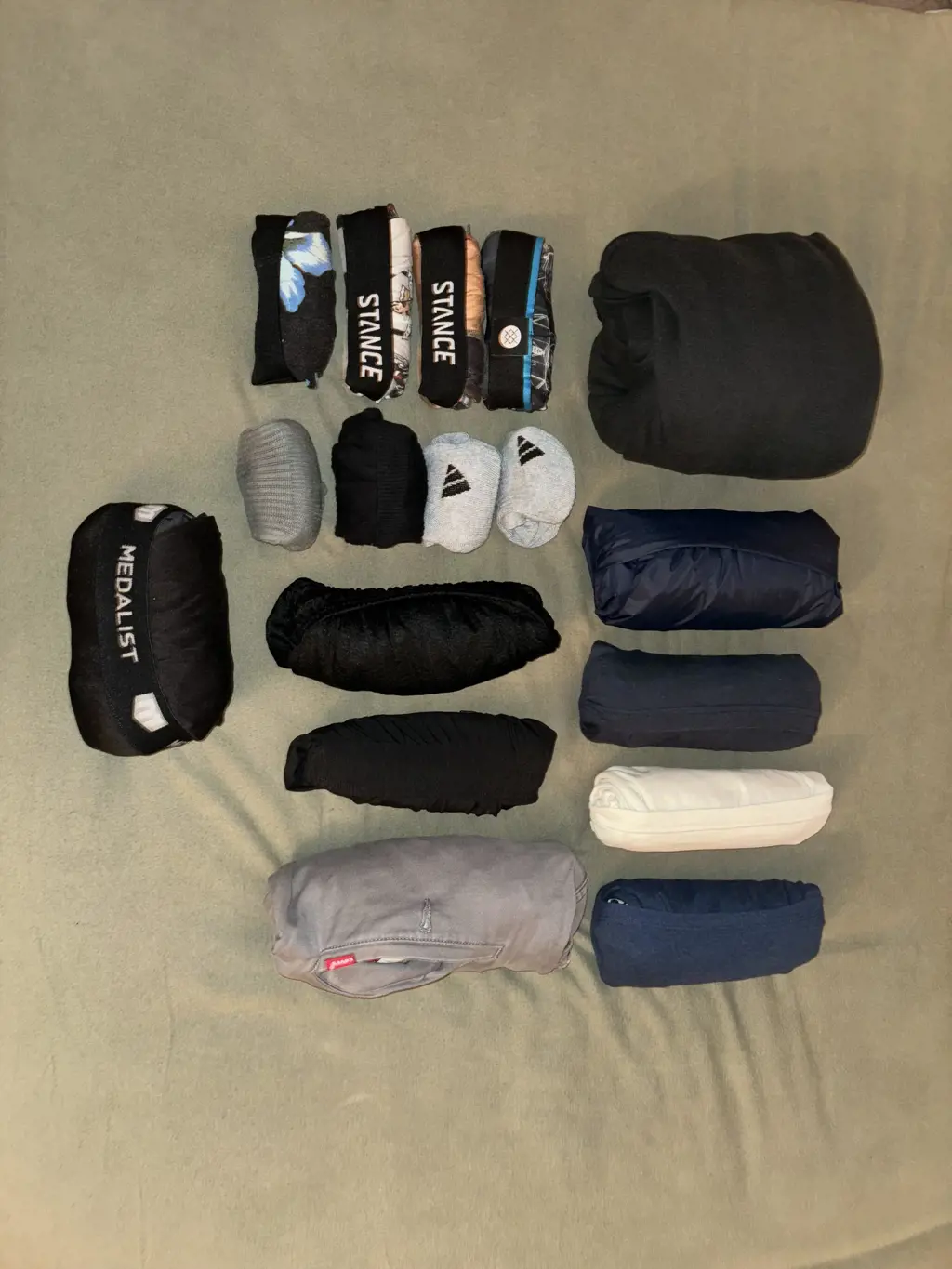
When visiting Japan, it is important to consider the local climate and dress accordingly. Japan experiences four distinct seasons which can vary in temperature and weather conditions. To ensure a comfortable trip, here are some specific clothing recommendations for each season in Japan.
Spring (March to May):
Spring in Japan is often characterized by mild temperatures and cherry blossoms in bloom. However, the weather can still be quite unpredictable, with chilly winds and occasional rainfall. It is recommended to pack layers for spring, including light sweaters or jackets that can be easily taken off if the weather warms up. Additionally, it is advisable to bring an umbrella or raincoat to protect against spring showers.
Summer (June to August):
Summer in Japan is known for its high temperatures and humidity. It is important to pack light and breathable clothing to stay comfortable in the heat. Cotton clothing and loose-fitting clothing are highly recommended. In addition to lightweight clothes, it is recommended to bring sunscreen, sunglasses, and a hat to protect against the strong UV rays. It is also a good idea to carry a small towel or handkerchief to wipe away sweat.
Autumn (September to November):
Autumn in Japan is a beautiful season with mild temperatures and colorful foliage. It is recommended to pack layers for autumn as the weather can vary throughout the day. Light sweaters or jackets are a good option for cooler mornings and evenings, while t-shirts or long-sleeved shirts are suitable for the warmer afternoons. Comfortable walking shoes are also recommended, as autumn is a popular time for outdoor activities such as hiking or exploring nature.
Winter (December to February):
Winter in Japan can be quite cold, especially in the northern regions. It is recommended to pack warm clothing such as sweaters, coats, hats, gloves, and scarves. Layering is key in winter, as temperatures can fluctuate between indoor and outdoor environments. Thermal clothing or heat-tech undergarments can also be helpful to keep warm. Additionally, it is advisable to bring sturdy, waterproof shoes or boots as snowfall is common in some areas.
It is important to note that these clothing recommendations may vary depending on the specific region and time of year in Japan. It is always a good idea to check the weather forecast prior to your trip and pack accordingly. Additionally, it is recommended to bring a small travel-sized umbrella or raincoat as the weather in Japan can be unpredictable, regardless of the season.
In conclusion, when visiting Japan, it is crucial to consider the local climate and dress appropriately for each season. Whether it is packing lightweight and breathable clothing for the hot summers or layering up for the cold winters, being prepared will ensure a comfortable and enjoyable trip.
Aer Lingus: What You Can't Pack in Your Luggage
You may want to see also

Should I bring specific adapters or converters for electronic devices in Japan?
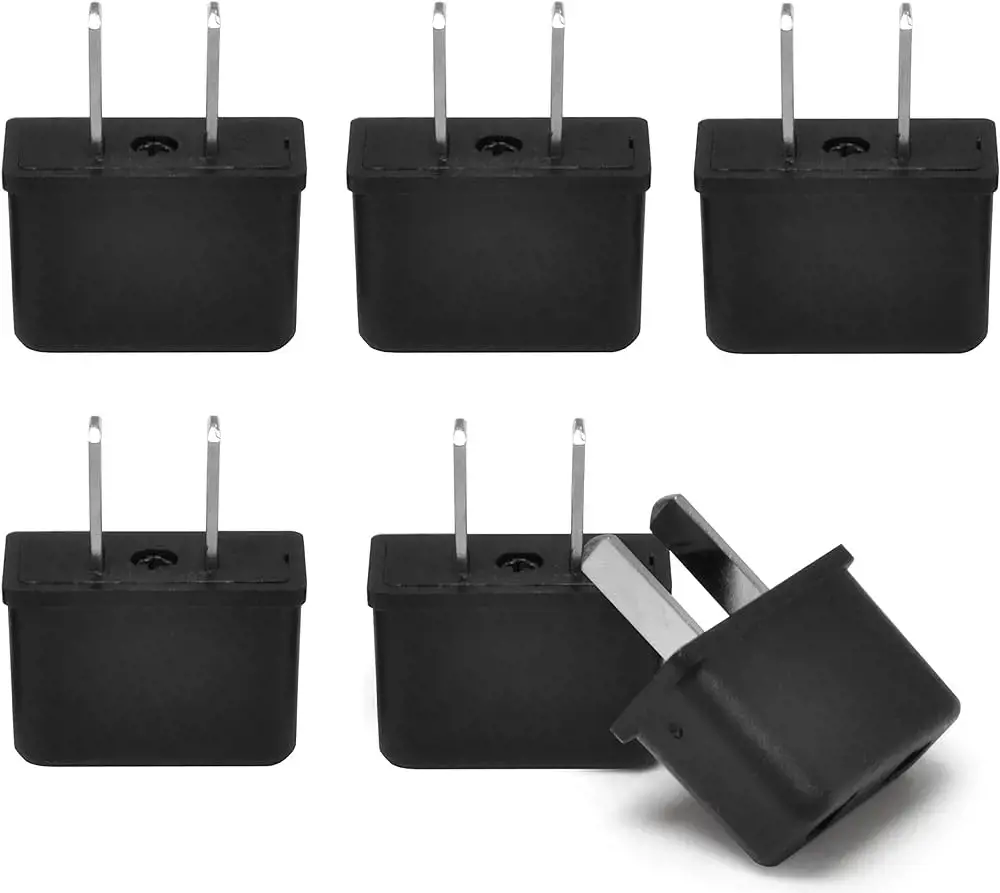
If you are traveling to Japan, it is important to be aware of the electrical outlets and voltage used in the country. Japan uses the Type A and Type B electrical outlets, which are different from those used in many other countries. Therefore, it is advisable to bring specific adapters or converters for your electronic devices.
The first thing to understand is the difference between adapters and converters. An adapter is a device that allows you to physically plug your device into a different type of electrical outlet, while a converter is a device that changes the voltage of the electricity coming from the outlet. Since the voltage in Japan is 100 volts, which is different from the voltage used in many other countries, a converter may also be necessary.
Most modern electronic devices, such as laptops and smartphones, are designed to work with a wide range of voltages. Therefore, all you may need is a simple adapter to plug your device into a Japanese electrical outlet. These adapters are widely available and can be purchased before your trip or at many stores in Japan.
However, if you are planning to bring electronic devices such as hair dryers, curling irons, or other devices with heating elements, a converter may be necessary. These devices often require a specific voltage to function properly and can be damaged if plugged directly into a different voltage. In such cases, it is important to check the voltage requirements of your device and purchase a compatible converter.
It is also important to note that power outlets in Japan typically have a grounding pin, which is different from outlets in other countries. Therefore, it is advisable to purchase adapters or converters that include a grounding feature to ensure the safety of your electronic devices.
To summarize, if you are traveling to Japan, it is recommended to bring specific adapters or converters for your electronic devices. This is especially important if you plan to bring devices that require a specific voltage or devices with heating elements. By investing in the right adapters or converters, you can ensure that your devices will work properly and safely during your trip to Japan.
Essential Items to Leave Behind: What Not to Pack for A Royal Caribbean Cruise
You may want to see also

What are the recommended toiletries to pack for a 10-day trip to Japan?
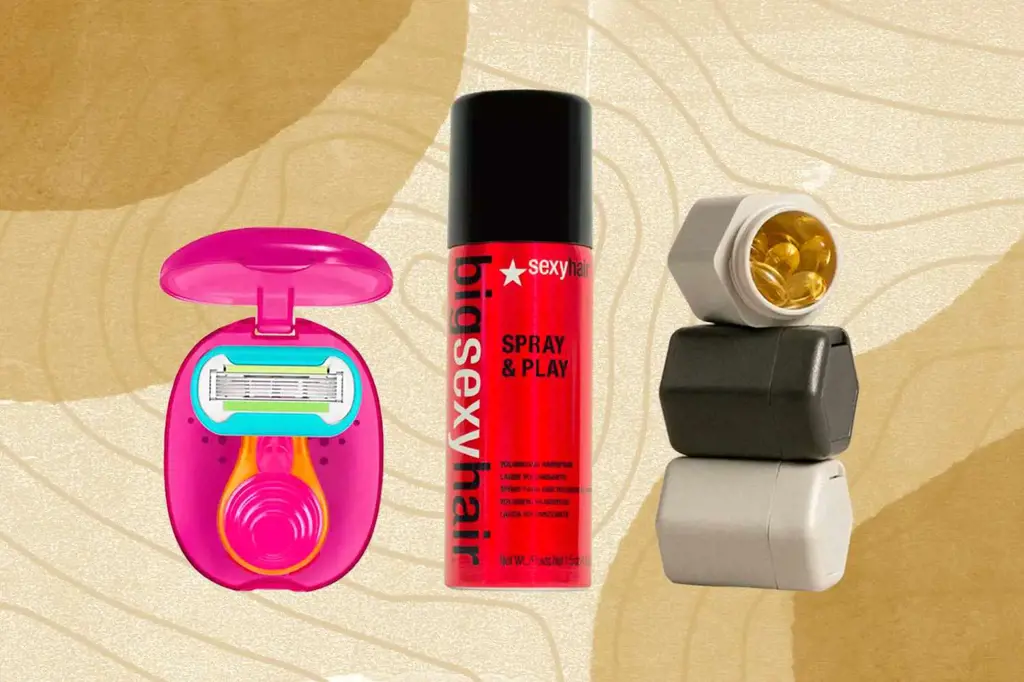
When planning a trip to Japan, it is important to pack the right toiletries to ensure a comfortable and hassle-free journey. Whether you are traveling for business or pleasure, having the necessary items will help you stay clean and refreshed throughout your 10-day stay. Here are some recommended toiletries to pack for your trip to Japan:
- Shampoo and conditioner: It is always a good idea to bring travel-sized bottles of your favorite shampoo and conditioner. While most hotels provide these amenities, having your preferred products ensures continuity in your hair care routine.
- Soap or body wash: To stay fresh and clean, pack a bar of soap or a small bottle of body wash. This will come in handy if the hotel does not provide these amenities or if you prefer a specific brand.
- Toothpaste and toothbrush: Don't forget to pack your toothpaste and toothbrush to maintain your oral hygiene. It is best to bring travel-sized toothpaste tubes and a compact toothbrush for convenience.
- Deodorant: Japan's summers can be quite hot and humid, so it is essential to bring deodorant to stay fresh throughout the day. Opt for a travel-sized deodorant stick or roll-on for easy packing.
- Face wash and moisturizer: Proper skincare is essential, especially when traveling. Bring a gentle face wash and a lightweight moisturizer to keep your skin clean and hydrated during your trip. Consider choosing products suited for your skin type and the weather conditions in Japan.
- Sunscreen: Protect your skin from the harmful rays of the sun by packing a travel-sized sunscreen. This is particularly important if you plan to spend a lot of time outdoors exploring Japan's many attractions.
- Travel-sized toiletries: To save space in your luggage, consider purchasing travel-sized versions of your favorite toiletries. Many brands offer mini or sample-sized products that comply with carry-on luggage restrictions.
- Wet wipes or hand sanitizer: Having wet wipes or hand sanitizer is always useful, especially when traveling in crowded areas or using public transportation. These will help you maintain good hygiene practices on the go.
- Medications: If you take any prescription medications, be sure to pack enough for the duration of your trip. It is also a good idea to bring a small first-aid kit with essentials such as band-aids, pain relievers, and any other necessary over-the-counter medications.
- Personal care items: Don't forget to pack any personal care items that you use on a daily basis, such as contact lenses, contact lens solution, razors, and feminine hygiene products. It's better to bring enough supplies to last your entire trip to avoid the hassle of searching for specific items in a foreign country.
By packing these recommended toiletries, you can ensure that you have the essentials to stay clean, fresh, and comfortable during your 10-day trip to Japan. Remember to check the airline's regulations regarding liquid restrictions for carry-on items and pack accordingly. Enjoy your trip and have a wonderful time exploring all that Japan has to offer!
Essential Items to Pack for Your Trip to Cuba
You may want to see also

Are there any specific items or documents I should bring for cultural or practical reasons in Japan?
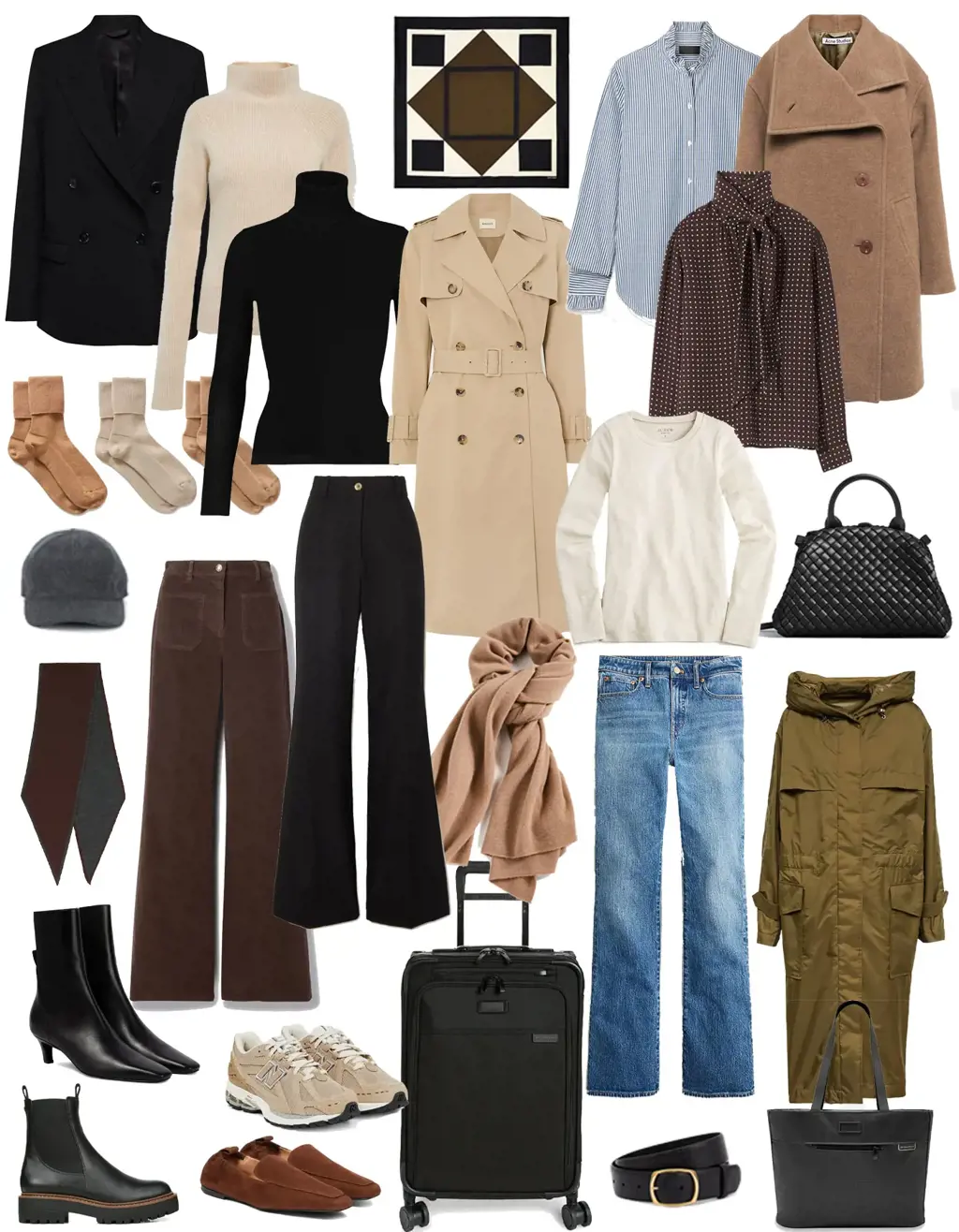
When traveling to a foreign country like Japan, it is always a good idea to be prepared and aware of any specific items or documents that may be necessary for cultural or practical reasons. Japan has its own unique customs and traditions, so being respectful and well-prepared can go a long way in ensuring a smooth and enjoyable trip. Here are some items and documents that you should consider bringing when visiting Japan.
- Passport and Visa: Your passport is the most important document you should bring with you when traveling to Japan. Make sure your passport is valid for at least six months from the date of entry. Depending on your nationality, you may also need to obtain a visa before entering Japan. Check with the Japanese embassy or consulate in your country to see if you need a visa and apply for one well in advance if necessary.
- Japanese Phrasebook: While many people in Japan speak English, especially in tourist areas, having a Japanese phrasebook can be very helpful, especially if you plan on venturing off the beaten path. Learn basic phrases such as greetings, directions, and ordering food. Japanese people appreciate the effort, even if your pronunciation is not perfect.
- Cash: Although credit cards are accepted in many places in Japan, it is still a cash-driven society, especially in rural areas and smaller establishments. It is advisable to carry enough cash on hand, especially when visiting local markets and street vendors. ATMs are widely available in Japan, but some foreign cards may not be accepted, so it is best to have some cash with you at all times.
- Comfortable Shoes: Japan is known for its extensive public transportation system and numerous tourist attractions. You will likely be doing a lot of walking, so be sure to have comfortable shoes with good support. Whether you are exploring the bustling streets of Tokyo or hiking up Mount Fuji, having the right footwear is essential.
- Electrical Adapters: Japan uses different electrical outlets and voltage standards compared to many other countries, so it is important to bring the necessary electrical adapters to charge your devices. Japanese outlets use two flat parallel prongs, so make sure to get the appropriate adapter before your trip.
- Respectful Clothing: Japan is a country with a strong emphasis on etiquette and respect. When visiting temples, shrines, or traditional establishments, it is important to dress modestly and respectfully. Avoid wearing revealing clothes, and opt for more conservative outfits. In some cases, you may also be required to remove your shoes, so wearing slip-on shoes or socks without holes can make the process easier.
- Travel Insurance: Although it is not specific to Japan, having travel insurance is always a wise decision when traveling abroad. It can provide coverage in case of any unexpected emergencies, such as medical issues or lost belongings. Make sure to choose a policy that covers your specific needs and activities during your trip.
These are just a few examples of the items and documents you should consider bringing when visiting Japan. It is always a good idea to do thorough research and plan ahead to ensure a smooth and enjoyable trip. By being prepared and respectful of the local customs, you will surely have a memorable experience in the Land of the Rising Sun.
The Ultimate Guide to Packing Pants for a Trip to the Big Island of Hawaii
You may want to see also
Frequently asked questions
When packing for 10 days in Japan, it's important to consider the weather and the activities you have planned. Japan's weather can vary greatly depending on the season and region, so it's a good idea to check the weather forecast before you go. In general, pack a mix of lightweight, breathable clothes for the warmer days, and layering pieces like sweaters or light jackets for cooler evenings. Don't forget comfortable walking shoes, as Japan is known for its extensive public transportation systems and walking is a common way to get around.
While there is no strict dress code in Japan, it's generally recommended to dress modestly and respectfully, especially when visiting religious sites or traditional areas. Avoid wearing revealing or overly casual clothing, and opt for more conservative outfits. It's also a good idea to bring a couple of nicer outfits if you plan on dining at upscale restaurants or attending any formal events. Overall, dress sensibly and considerate of Japanese cultural norms.
In addition to clothes, there are a few essential items you should pack for a 10-day trip to Japan. Don't forget your passport and other travel documents, as well as any necessary medication or toiletries. Japan uses different electrical outlets, so be sure to pack a universal adapter for your electronics. It's also a good idea to bring a portable charger for your phone, as you'll likely be using it for navigation and communication throughout your trip. Lastly, consider packing a small day bag or backpack for carrying essentials like snacks, water, and a guidebook or map.







